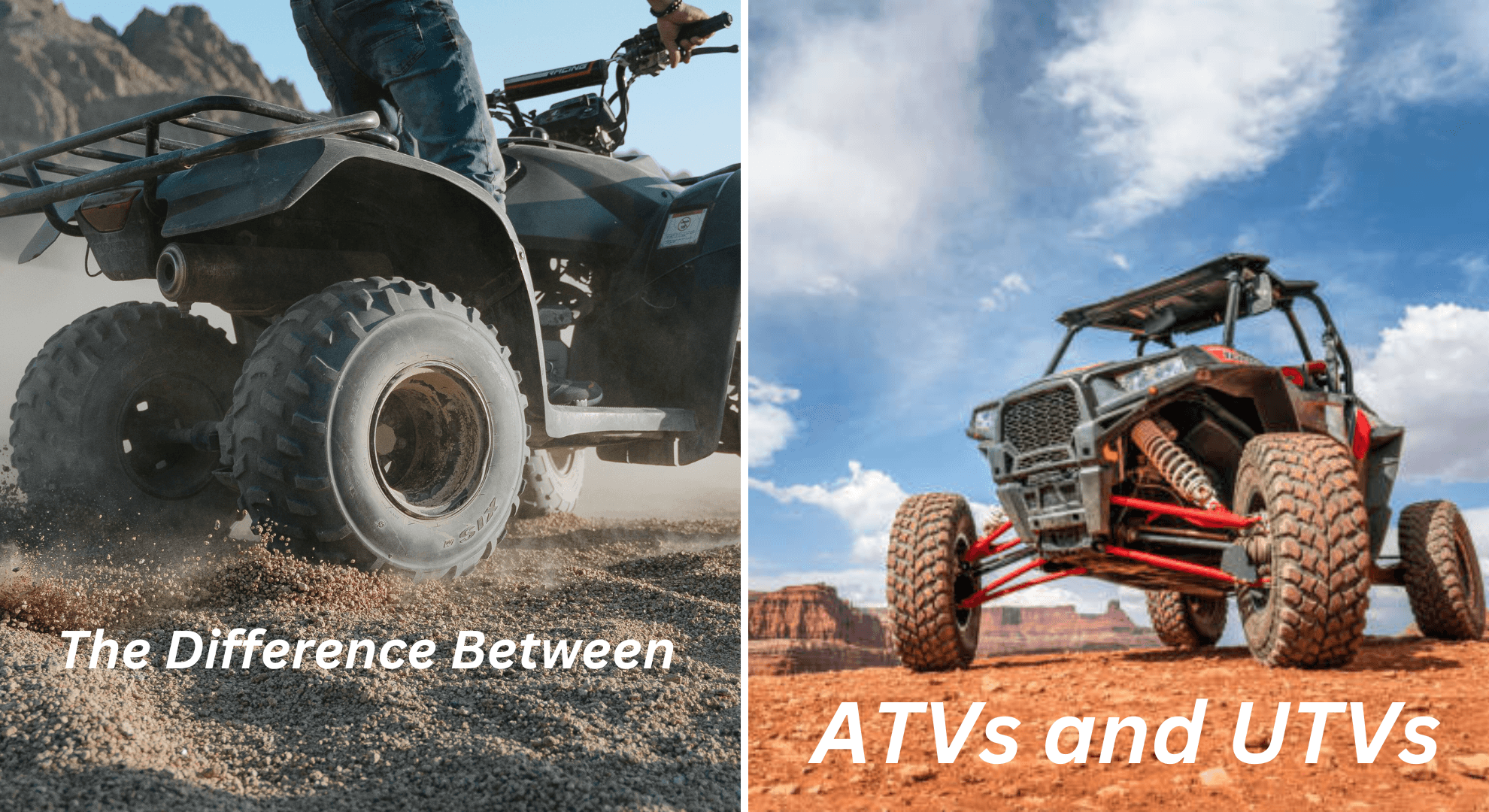
ATV or UTV: The Difference Between ATVs and UTVs | XYZCTEM®
Are you in need of the perfect vehicle for your camping, hunting or fishing, racing, hauling equipment, or cargo? If yes, an ATV or a UTV is your best bet. However, you might be faced with the difficulty of deciding which one to go for or which would best fit the purpose why you are getting one. You don't need to break a sweat. This article will provide the differences between ATV and UTV to help you make the best decision. Read through, learn, and go ahead to make the right choice. Let's Ride!
What is an ATV?

An ATV, All-Terrain Vehicle, is an off-road automobile with a seating style like a motorcycle and handlebar steering. It is also known as quads or four-wheelers and does not have a roof or roll cage.
As the name suggests, an ATV is used for all-terrain, whether sand, rocky paths, muddy tracks, or snowy roads, including unstable ground. It can only accommodate one rider (although some models are designed for two).
ATVs are great for recreational and work purposes, although they are designed more for recreational activities than labour. The ones intended for fun are the sports ATVs for adventure, racing, and camping trips. You can use them to show off your rugged riding skills, as they can take on jumps, road bumps, and rough terrain.
What is a UTV?
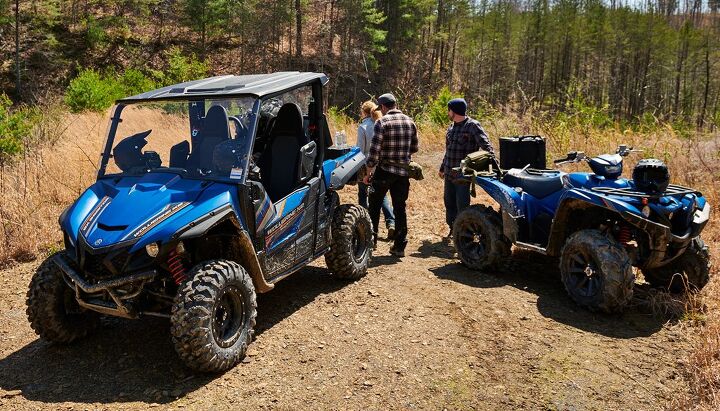
UTV means Utility Task Vehicle and is also known as a 'side by side' or 'SXS .' It is a bigger vehicle designed for specialized work. A UTV is built mainly for utility and functionality work. It can perform diverse tasks such as hauling equipment, farming processes, transporting cargo, and towing heavy loads.
Apart from that, a UTV is a perfect fit for families who go on off-road adventures because of its capacity to take as many as six people.
UTVs give a lower centre of gravity because their payloads are positioned below the top of the tires. This makes your vehicle more stable and decreases the chances of rolling over. In addition, most UTVs come with an enclosed cab and a storage space to pack your gear.
Similarities Between an ATV And a UTV
Before we go into their differences, let's discuss their commonalities. The similarities between an ATV and a UTV include the following;
---ATVs and UTVs are incredible, heavy-duty options for utility work and off-roading.
---They are both fun and adventurous to ride.
---They can be used for heavy-duty tasks such as ploughing, towing, and hauling.
---They are both four-wheelers.
---They can both be used for farming, construction, and cargo transportation.
Difference Between ATV and UTV
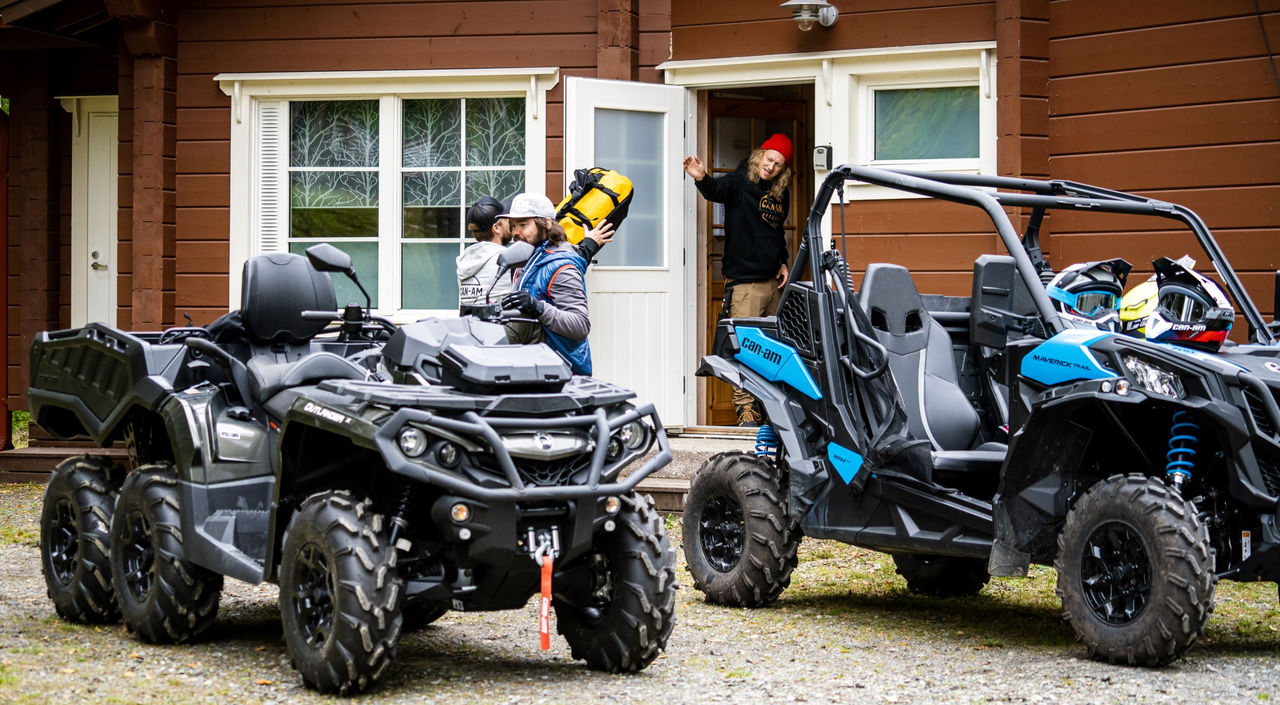
The difference between an ATV and UTV include the following;
ATV vs UTV: Size
An ATV is smaller, lighter, and more agile than a UTV, making it more efficient to get around. It can easily tread through tighter spaces, take sharp turns, and do quick manoeuvres. As a result, it is a good choice for off-road racing enthusiasts.
ATV vs UTV: Use
An ATV is ideal for quick jobs. You can use it for land-mowing, winching, snow-ploughing, and transportation of light cargo. On the other hand, a UTV is more efficient for performing heavy-duty specialized tasks regularly. A UTV has a bigger engine, and better payload, making it the perfect hauling machine on farms, ranches, and other job sites.
ATV vs UTV: Design
An ATV resembles a motorcycle with mud tires and handlebars, while a UTV is more like a car. It has a roll cage, pedals, gear shift, steering wheel, a passenger seat in front, and sometimes a bench seat at the back. An ATV is narrow, allowing it to slip through obstacles such as tight gates, narrow trails, etc., that bar the entry of a UTV because of its larger size.
ATV vs UTV: Customization
One peculiar feature of the UTV is that it gives room for customization. You can choose a stereo system, in-cab heaters, LED lights, and personalized stickers. A UTV has much room for potential enhancements, which differs from an ATV.
ATV vs UTV: Price
An ATV is cheaper than a UTV due to its smaller size and capacity, so a person on a tight budget may want to consider that. You can get an ATV from between $500 to $8000, while some UTVs cost well above $10,000.
ATV vs UTV: Capacity
A UTV can take more people and cargo than an ATV. Unlike an ATV designed for solo riders, a UTV can take as many as six people. For instance, medical personnel and officials can use a UTV to transport medical supplies and equipment to an outlying mountain community. It can also be used to tow bigger stuff like trailers.
ATV vs. UTV: Speed
An ATV can travel at a maximum speed of 85mph. Generally, a UTV is slower than an ATV, but some can reach a top speed of 85 mph, depending on their model.
ATV vs UTV: Stress
Riding an ATV is physically demanding, requiring plenty of muscle engagement to stay in control. A UTV requires less physical strength to ride and less physical exertion.
ATV vs UTV: Footprint
ATVs possess a smaller environmental footprint than other large vehicles; hence they don't destroy your terrain as much as UTVs might.
ATV vs. UTV: Security
A UTV offers more protection while riding because many of the safety features of the UTV, such as seatbelts, windshields, and roll bars, are absent in an ATV. Thus, if you're going for an ATV, it is advisable to wear additional safety gear such as a helmet, protective footwear, and clothing to help keep you safe.
Conclusion
To sum it up, a UTV and an ATV are both four-wheel vehicles used on a lesser scale than cars, and they are both suitable for different types of activities. Nevertheless, they also have distinct and unique features with specific benefits and advantages, some of which have been highlighted above.
Now the choice of which to go for will depend on what you'll use it for, where you'll ride it, your budget, and the experience you're after. If you ask me though, you should go for the two, because why not?


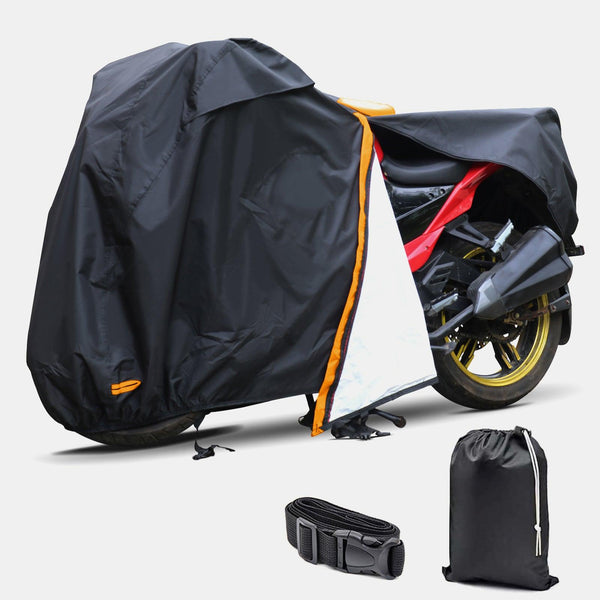
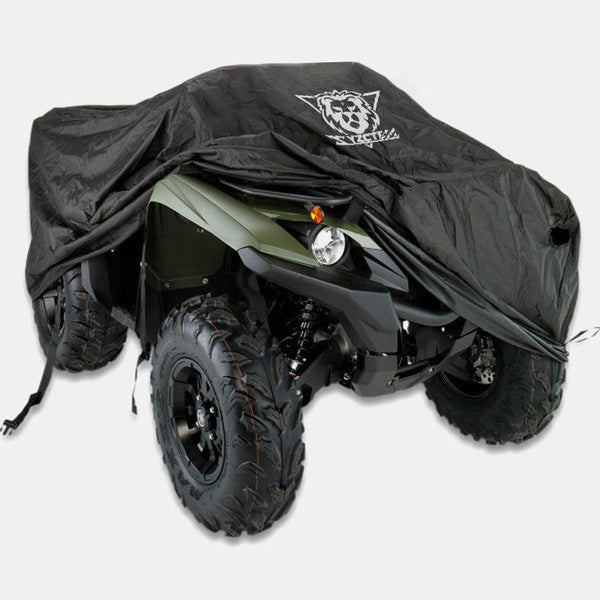
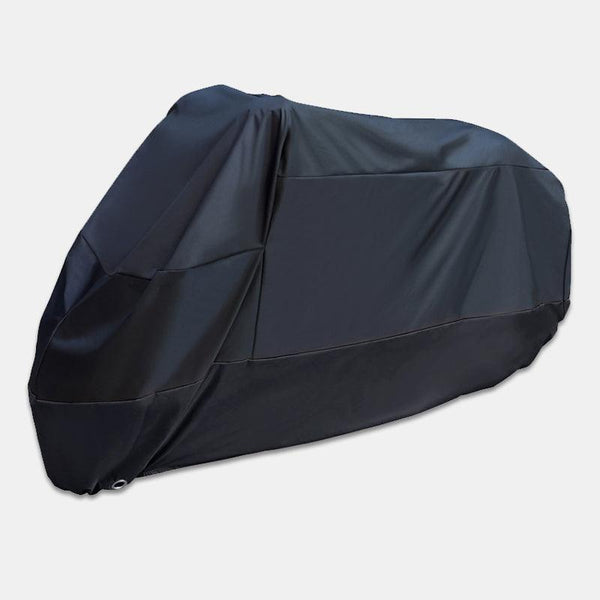
Leave a comment
Your email address will not be published.